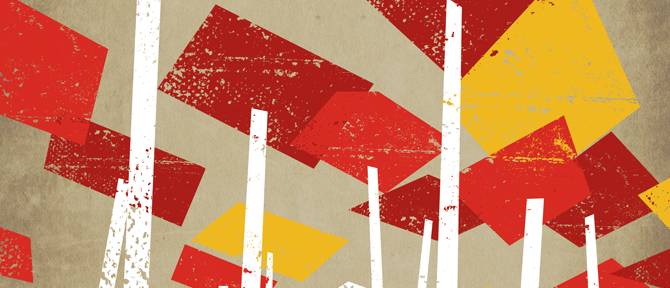The Cobra Effect Or Perverse Incentives

The Cobra Effect, or Perverse Incentives, describes unintended negative consequences when a reward is offered to solve a problem
During colonial rule, there was a problem with deadly cobras in Delhi. In response to the issue, the British government decided to act. To encourage people to kill cobras, the government provided monetary rewards to those who brought the snakeskin as proof. At first glance, their solution appeared to be a sound one.
For the short term, this worked out well. But then some Indians started to breed cobras. The majority of the cobras were killed by the breeders, who then exchanged them for cash. But they also proceeded to breed more of the snakes. This anomaly was finally discovered by the authorities and the incentives were halted. Finally, the breeders released the snakes to the streets because they no longer had an incentive to breed them. Unfortunately, it just served to exacerbate an already dire situation.
During France’s conquest of Vietnam, the same thing occurred. Hanoi was overrun by rats. The authorities offered a reward for each rat’s tail found. After that, people started breeding rats solely for their tails. The rats were released into the city when the bounty was revoked.
The staff were subjected to great pressure from Wells Fargo, which imposed unrealistic sales targets on them. To accomplish their targets, employees opened many unauthorised accounts. Failure to meet targets would mean sacking.
Brigham Young University had to issue a warning of retributive action to students who were intentionally exposing themselves to COVID 19. Getting infected was a ruse by some students to get better incentives for giving plasma. A plasma donation centre offered $50 each for plasma from healthy persons. But people with Covid-19 “convalescent plasma,” received $100. The possibility to earn some extra cash was exploited by several students.
The term “cobra effect” was coined by Horst Siebert, an economist at the University of Bonn. When businesses or governments offer incentives to encourage people to conduct a specific, pro-social activity, the Cobra Effect highlights the unforeseen repercussions and perverse outcomes that might follow.
Devious people may try to exploit any weaknesses to fraudulently claim the incentives from such programmes. When a programme gets corrupted to the point of failure, it can occasionally leave things worse than they were before any incentives were supplied. When this happens, the programme fails.
The “cobra effect” is a term we hear a lot in the corporate world. To address a problem or achieve the desired outcome, business executives make well-intentioned judgments. But sometimes these interventions can worsen a problem.

How to Prevent It
Anticipating and avoiding perverse outcomes and unintended consequences requires the ability to apply second-order thinking skills to planning and problem-solving. First-order thinking is linear and simplistic: How do we get rid of the cobras? Let’s offer a bounty to people for killing them. Second-order thinking is:
Second-order thinking skills are necessary for predicting and avoiding perverse outcomes and unexpected effects in planning and problem-solving. Using first-order logic, we ask, “How do we get rid of cobras?” Let’s offer an incentive for killing them.
However, in second-order thinking, we have to.
- Analytical. All the details of the project’s planning and implementation are covered in this section.
- Critical. On what basis are we confident in our assumptions & plans, and how do we know that they are accurate? What could go wrong? And how other factors could influence the results
- Sceptical. What could go wrong, how likely is it to happen, and what would be the perverse outcome if it did?
So for example –
- Make the incentives simple. Loopholes are easier to detect when a plan is more complex.
- Try to think outside the box. Try to figure out how to cheat the system before implementing a reward programme, then tweak it properly.
- Knowing about Perverse Incentives is the first step toward avoiding them, even if you can’t prevent them entirely
Reference: https://www.psychologytoday.com/us/blog/machiavellians-gulling-the-rubes/202010/the-cobra-effect-no-loophole-goes-unexploited



